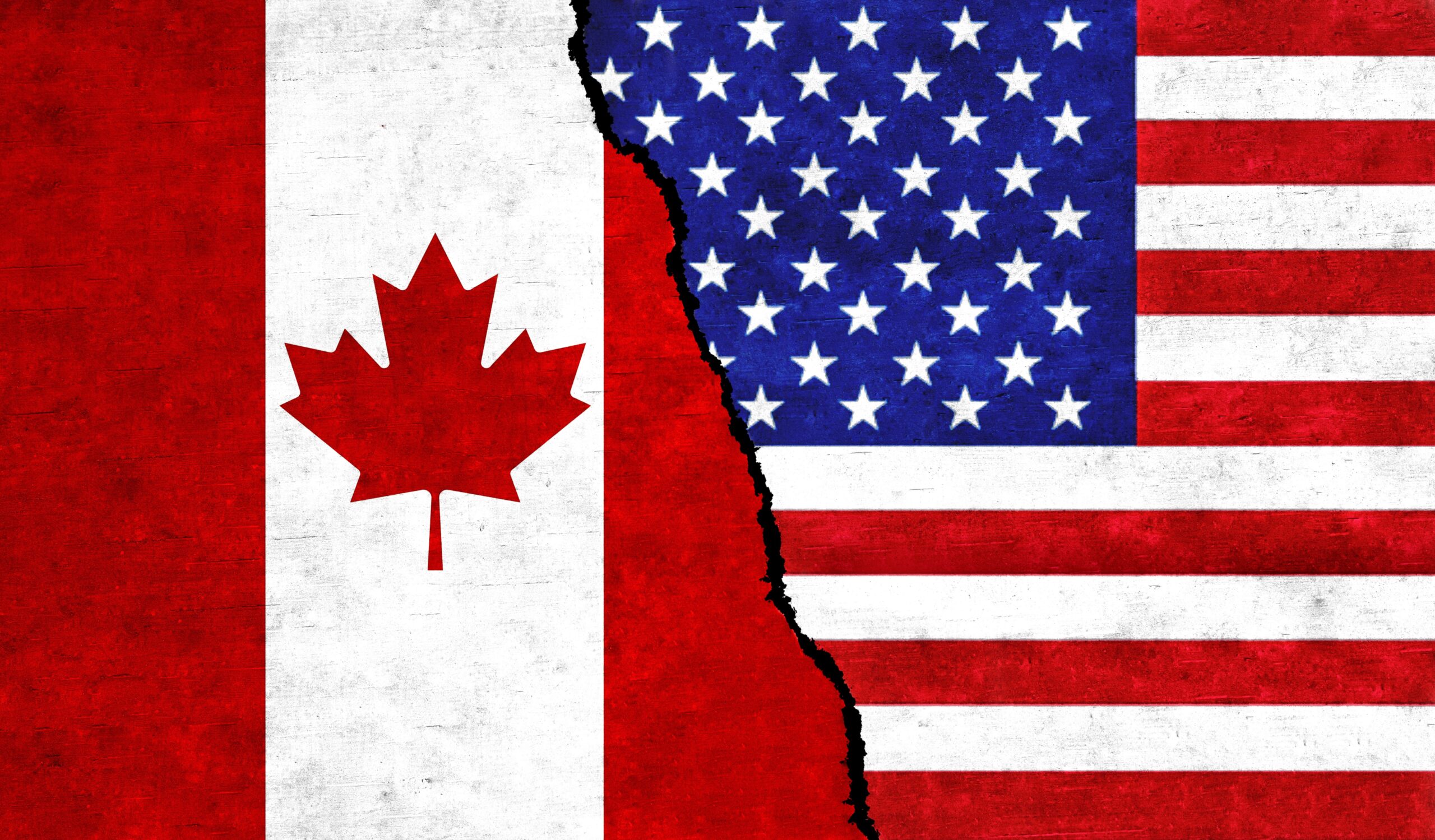Dr Edward Andrew – Critical Reflections on The Theology of Liberalism
Original Article Reference
This SciPod is a summary of the paper ‘The Theology of Liberalism: Political Philosophy and the Justice of God’, from The European Legacy. https://doi.org/10.1080/10848770.2021.1906625
About this episode
This work is licensed under a Creative Commons Attribution 4.0 International License. 
What does this mean?
Share: You can copy and redistribute the material in any medium or format
Adapt: You can change, and build upon the material for any purpose, even commercially.
Credit: You must give appropriate credit, provide a link to the license, and indicate if changes were made.
More episodes
Professor Carsten Herrmann-Pillath and Professor Guo Man | How death rituals are changing in China’s fastest-growing city
Research from Professor Carsten Herrmann-Pillath at the University of Erfurt and Professor Guo Man at Harbin Institute of Technology Shenzhen Campus reveals how traditional funeral practices are being transformed in Shenzhen, an area of China which has rapidly developed into a huge metropolis. The research shows how government regulations, economic forces, and cultural traditions interact to create new forms of death rituals that balance modern urban constraints with deep-rooted customs.
Professor Will Greaves | How Donald Trump has changed Canada-US relations
Research by Professor Will Greaves at the University of Victoria examines how the Trump presidency has impacted the long-standing security relationship between Canada and the United States. His analysis reveals concerning shifts in the foundations of bilateral cooperation and trust between these traditionally close allies, with implications for the future of North American security arrangements.
Professor Magnus S. Magnusson | The surprising similarities between the structures of human cells and societies
Research by Professor Magnus S. Magnusson at the University of Iceland demonstrates surprising similarities between the organization of cellular protein networks and of human societies. He reveals how the invention of writing and, very recently, general education, transformed human civilization in ways that mirror ancient biological developments and emphasises how this makes humans unique.
Professor Bernd Schlipphak – Professor Oliver Treib – Dr. Constantin Schäfer | How citizens’ identities shape their support for international organizations
Research by Professors Bernd Schlipphak and Oliver Treib, both of the University of Münster, along with Doctor Constantin Schäfer of ifok GmbH, Germany, reveals how people’s sense of global identity influences their support for international organizations. Their work demonstrates that reforms to international organizations can have opposing effects on different groups of citizens, potentially increasing societal divisions about global cooperation.
Increase the impact of your research
• Good science communication helps people make informed decisions and motivates them to take appropriate and affirmative action.
• Good science communication encourages everyday people to be scientifically literate so that they can analyse the integrity and legitimacy of information.
• Good science communication encourages people into STEM-related fields of study and employment.
• Good public science communication fosters a community around research that includes both members of the public, policymakers and scientists.
• In a recent survey, 75% of people suggested they would prefer to listen to an interesting story than read it.

Step 1 Upload your science paper
Step 2 SciPod script written
Step 3 Voice audio recorded
Step 4 SciPod published




